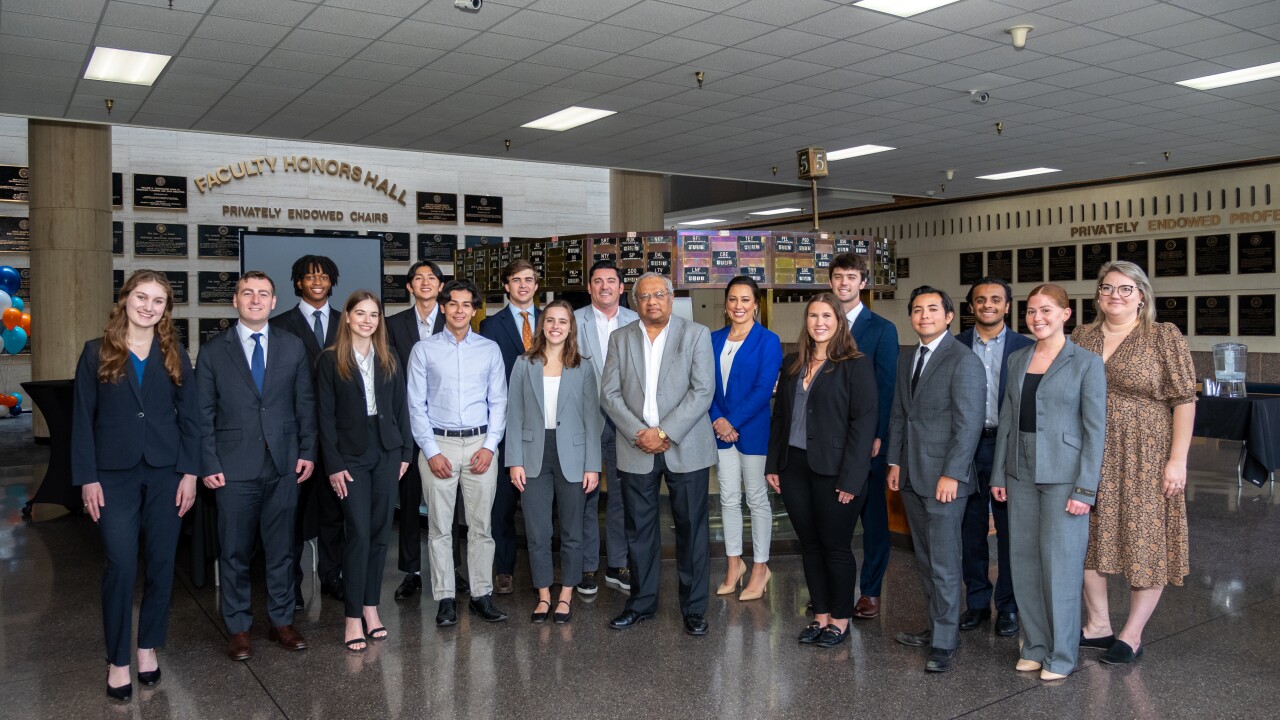Financial advisors and tax professionals may have lots to chew on with the business owners among their clients over the latest changes to the rules for business meals.
But shifting tax statutes about noshing on the job have been causing heartburn for far longer.
For example, in a lawsuit filed earlier this month in the Milwaukee federal court, Northwestern Mutual demanded a tax refund of more than $23 million that the giant insurer and wealth management firm argued it and thousands of employees at two corporate offices should not have paid over four years for the company's cafeterias. The complaint traced the company's 110-year history of providing lunch and its several tax haggles over the years about the cafeterias with the IRS.
READ MORE:
A new normal for food at work?
The lawsuit also reflects the complexity of the
The 2017 tax law had cut that deduction to 50% of the cost of onsite cafeterias. However, pandemic-era legislation restored it temporarily to 100% for two years. Unless they qualify for exceptions to the new law for restaurants and the fishing and oil industries, employers that provide workers with lunch or snacks will no longer get to deduct the cost in 2026. The law will cause large companies and employers like universities and hospitals to consider reducing or dropping their onsite meals, according to Michael Chuah, the principal attorney of
"It really is targeting very specific types of companies that have this type of benefit like an employee perk," Chuah said. "When you work in those types of environments, it is certainly possible that you're going to lose that 50% deduction."
But, like wealthy clients, large companies like Northwestern,
"Northwestern Mutual is just one of the many targets of a decades-long bureaucratic hostility towards Section 119's plain language broadly excluding from gross income the value of on-campus meals furnished for the 'convenience of the employer,' conceded by the
Treasury Department to encompass meals furnished for any 'substantial noncompensatory business reason,'" the complaint said.
"While Congress has consistently expanded the scope of the exclusion through multiple amendments to Section 119 over the decades since its enactment, the IRS has repeatedly resisted these Congressional affirmations of the exclusion's broad scope, thwarting the efforts of employers across the country to invoke the protections of Section 119(a)(1)," it continued. "In 1978, these bureaucratic usurpations became so problematic that Congress was compelled to impose a moratorium on the Treasury Department's enactment of any new regulations seeking to interpret Section 119 out of the Code, which remained in effect for five years. Institutional memories have faded, however, as the IRS has resumed its systematic thwarting of the sweeping scope of Section 119, burdening thousands of employers and millions of rank-and-file employees across the country with taxes they simply do not owe."
Representatives for the IRS said the agency doesn't comment on pending lawsuits. Industry news outlet Insurance Business
READ MORE:
Food for thought
Northwestern, which generated a record
However, the IRS challenged the company's use of that exemption for 2014-15 and 2018-19 and "put forward inconsistent and erroneous justifications for disallowing those claims," according to the lawsuit.
If Coca-Cola's
"For businesses, tax deductions for meals and entertainment expenses are governed by a maze of rules," according to
The alterations to the deduction under Section 274 and related sections of the tax code should prompt employers and their advisors to consider shifting part of the cost of work meals and whether to limit them or document them more carefully, according to
"Because it changes the game for how companies budget, plan employee perks, cafeterias, staff policies. If you didn't know this was coming, you could face big tax surprises in 2026," the blog said. "Also, employee benefits folks will need to communicate clearly. What used to be a 'perk' may now come with a cost or reduced tax benefit for the company."
While entrepreneurs will need to huddle with their advisor or CPA to get into their specific situations, they can figure out the basic criteria for whether a meal might get the deduction. The new rules distinguish between daily meals in a cafeteria and a special occasion or a specific business activity, Chuah said. The former used to qualify for a deduction, but it will no longer get it next year. But the latter kind will still receive a deduction.
"It's kind of reverse psychology," he said. "When you read the rule as an employer, it's a little bit funky, because you have to figure out what is qualifying."





